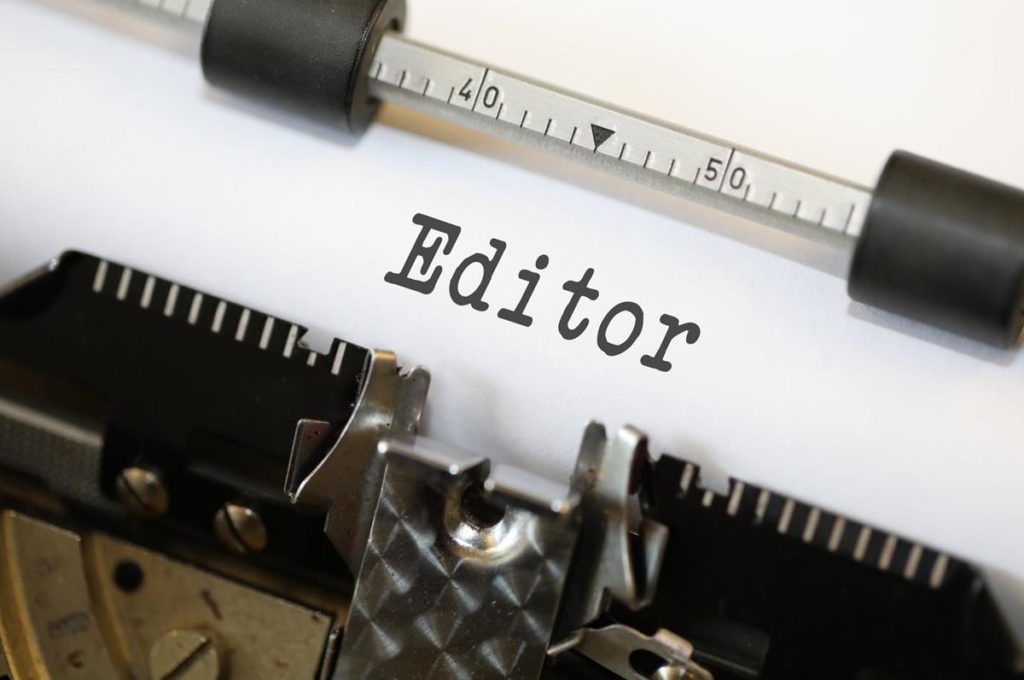Copy editing and proofreading are related fields of textual revisions. Although similar, and generally perform the same tasks and goals, two fundamental differences of value and order separate them.
Review why copy editing comes first when polishing new copy. Then, learn why proofreading is just as important.
Copy Editing Value
Ok, so copy editing and proofreading do basically the same thing, right? Yes and no.
In the vast majority of cases, copy editing comes first. The editor’s tasks include routine checking for grammar and spelling. But moreover, the copy editor has a unique relationship with the publication he or she works for that provides specific content. In this way, the copy editor tends to work directly with content writers, assignment editors, and/or others in publishing management.
In other words, the copy editor has more responsibility than most other editors in the writing field.
The copy editor, although tempted to begin with correcting grammar his or her eye notices first, must take to improving the content of the copy. While content writers do their best, they sometimes miss certain points or over-exaggerate topics too much. This is where the copy editor plays an important part.
Content Rewrites
The revamping of entire pieces are rare, but sometimes necessary. For whatever reason, the copy may not fit the firm’s mission or particular subject matter and will have to undergo heavy rewrites. This decision is made by the copy editor (most times). They will use software tools to highlight sections of needed fixing with various notes for the writer. Sometimes, if a piece of copy is in immediate need of repairing, the copy editor might perform the revised writing of the content. This is not typical, however, unless time is of the essence.
The copy editor has another unique relationship—with the law. Copy editors are responsible for double-checking any content that someone could mistake for libel (written badmouthing of another person or property). Copy editors must be fantastic fact-checkers in regards to political agendas, investigating (mis) quotes, and video/audio transcription.
Once any content issues have been addressed, the editor will begin with revising superficial errors, such as grammar and spelling. Depending on the size of the firm’s employee count and workload, a copy editor or proofreader may be the final person to revise copy before publication. For this reason, the two titles sometimes mistakenly merge. For larger firms, after the copy editor has worked his or her magic, the copy goes to the proofreader.
Order and the Proofreader
The proofreader will examine the copy lastly before publication. Grammar, punctuation, syntax, and a plethora of other typographical issues are of concern. The proofreader does not provide any advice or suggestions about the topic area.
Rather, proofreaders compare and contrast the copy at hand. They take the original work and compare it to the copy editor’s corrections. In extreme cases, if the proofreader notices large amounts of mistakes not addressed beforehand by the copy editor, the work may be sent back for further revising. Sometimes a new copy editor will work on that particular piece.
Although a proofreader doesn’t have as much responsibility with the content as a copy editor does, the proofreader acts as the final gatekeeper towards the publication of any web copy or manuscripts. Depending on the importance of the copy, a final review from management may happen before publication.
Conclusion
A copy editor could do a proofreader’s job, but a proofreader usually isn’t allowed to do a copy editor’s job. The responsibility of altering actual content intended for worldwide distribution is of such high importance that copy editors are very trusted in their fields (and therefore, usually paid more).
Regarding publishing hierarchies, copy editors were once likely proofreaders. Moving up the corporate ladder in regards to editing copy normally begins with proving to management that a proofreader has what it takes to provide successful copy editing before a promotion. Sometimes, depending on their portfolio, firms hire full-time copy editors from other firms and work as freelance copy editors (though not typical).
I earned my copy editing certificate from the American Copy Editors Society. If you want to learn more about the copy editing field, you can review these great websites:
https://www.grammarly.com/blog/whats-the-difference-between-copy-editing-and-proofreading/
~M
